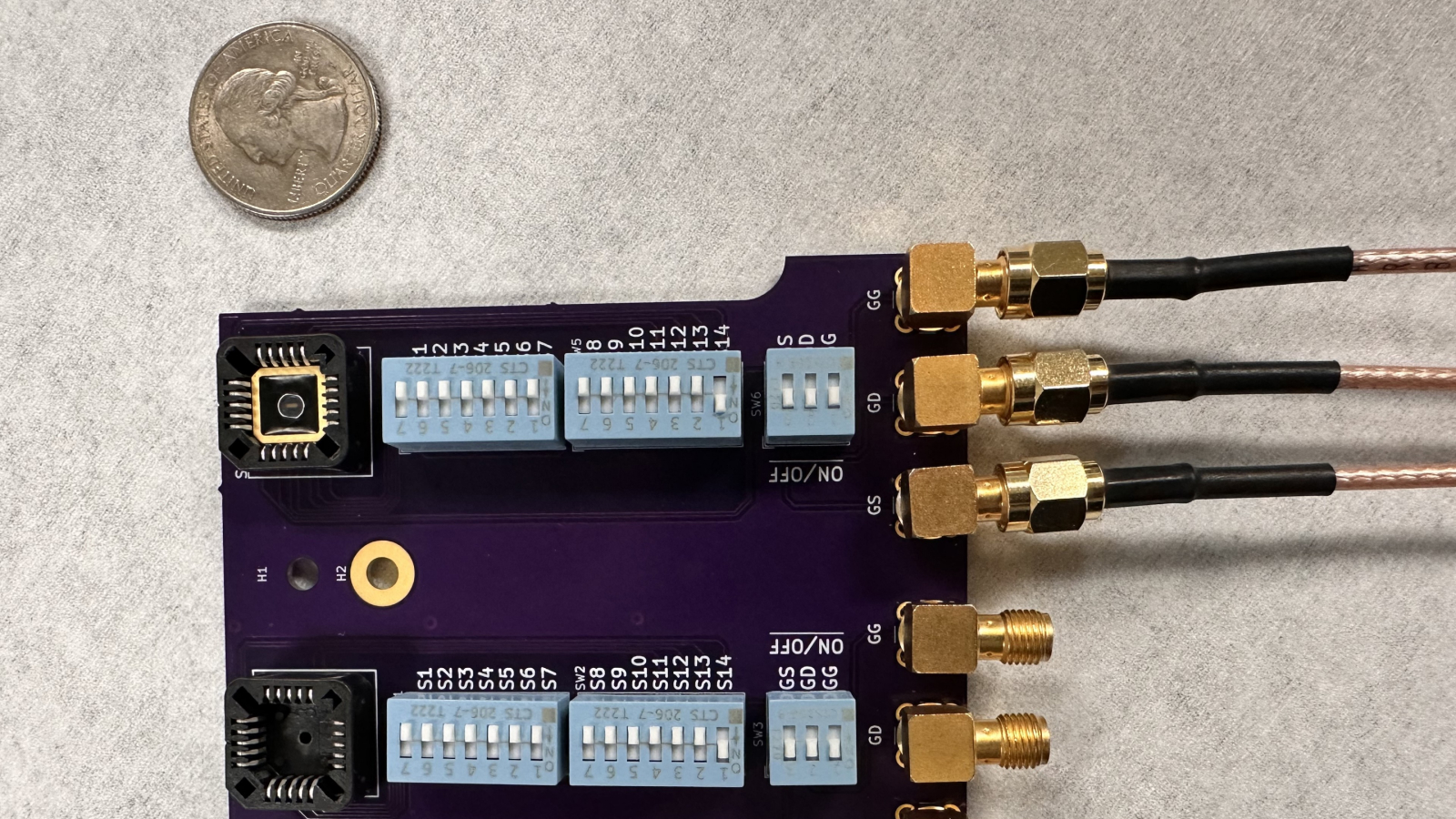IJERPH, Vol. 20, Pages 6937: Knowledge Is Power: Utilizing Human-Centered Design Principles with People Living with Dementia to Co-Design a Resource and Share Knowledge with Peers
International Journal of Environmental Research and Public Health doi: 10.3390/ijerph20206937
Authors: Jennifer Rhiannon Roberts Catrin Hedd Jones Gill Windle the Caban Group the Caban Group
This paper describes the process used by a group of people living with young-onset dementia to inform the development and delivery of a post-diagnosis peer guide. It draws on the four stages of human-centered design and applies them in a new context of supporting resilience for people following a diagnosis of dementia. (1) Discover: The group discussed in-depth their perspectives on what it takes to be resilient while living with dementia and how this can be maintained. (2) Define: The group decided to collate practical information and knowledge based on their personal experiences into a booklet to support the resilience of others following a diagnosis of dementia. (3) Develop: The booklet was designed and developed together with input from other people living with dementia, facilitated by the authors. (4) Deliver: The group guided the professional production of the booklet ‘Knowledge is Power’. Over 8000 copies have been distributed to memory clinics, post-diagnostic support organizations and people living with dementia across Wales. A bilingual English–Scottish Gaelic adaptation and an adaptation for people in England have since been developed. The success of ‘Knowledge is Power’ highlights the importance of working alongside people with dementia to share knowledge and support their resilience.

 1 year ago
29
1 year ago
29


